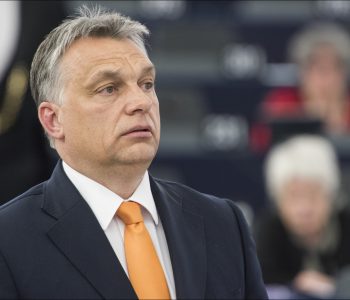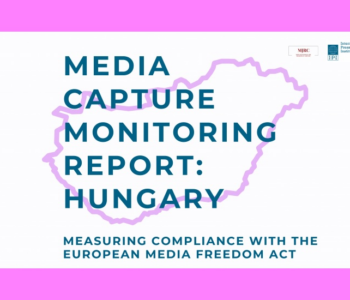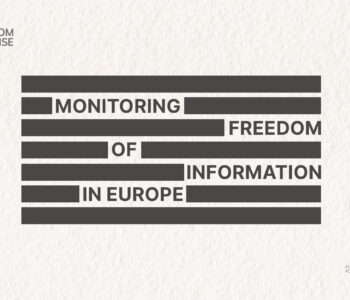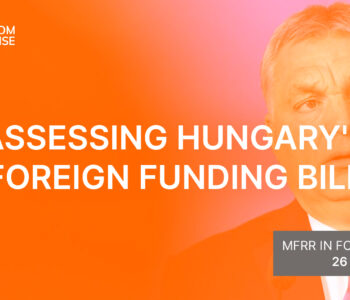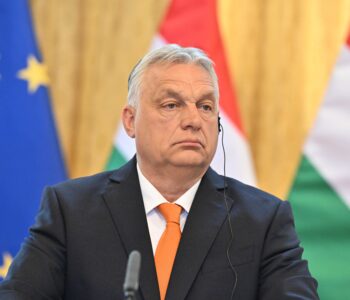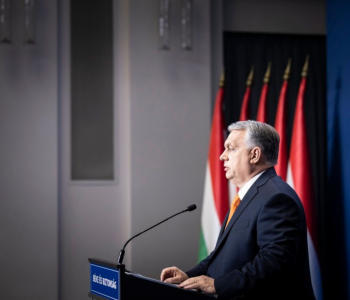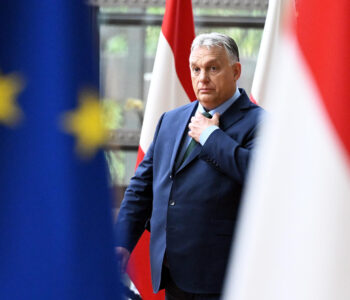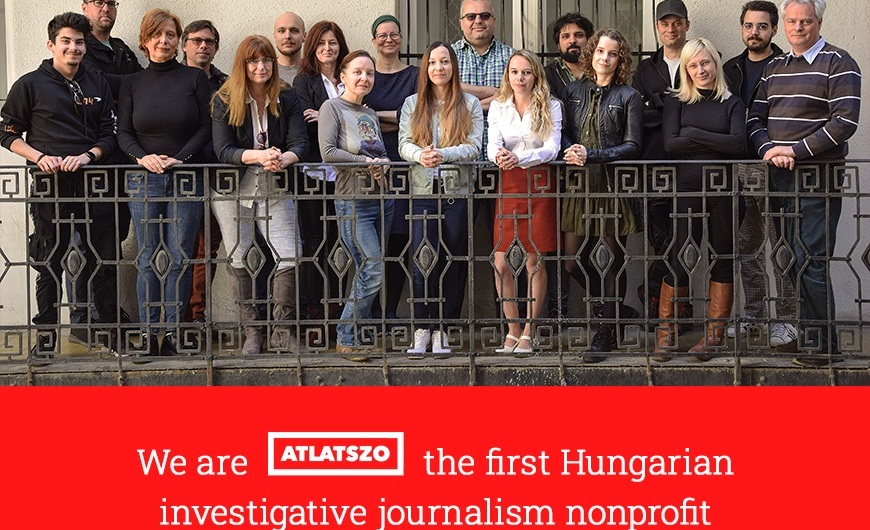 Library
Library
Hungary: Reports of potential corporate influence behind SPO investigations…
Hungary: Reports of potential corporate influence behind SPO investigations set dangerous precedent for press freedom
The International Press Institute (IPI) is alarmed by reports that multinational company Samsung SDI may have prompted Hungary’s Sovereignty Protection Office (SPO) to launch a discriminatory investigation into Átlátszó, one of Hungary’s leading investigative newsrooms.
18.02.2026
In wake of the revelations, IPI repeats our call for authorities in Hungary to immediately repeal the restrictive Protection of National Sovereignty Act and dismantle the Sovereignty Protection Office, which continues to pose a direct threat to media freedom.
On February 12, independent Hungarian media outlet Telex reported that senior managers at the South Korean multinational’s battery plant in Hungary had previously discussed different approaches for in some way restricting or silencing the ability of Átlátszó to investigate the company.
The apparently retaliatory action by Samsung followed the publication of an investigation by Átlátszó, based on official inspection documents, which revealed serious toxic‑exposure and safety problems at Samsung SDI’s factory in the city of Göd.
The recent Telex report, based on a leaked agenda from a Samsung management meeting in March 2024, suggests the firm was aware of the SPO’s scrutiny of Átlátszó’s foreign funding, and discussed wider government efforts to “stop or restrict” Átlátszó’s operations ahead of the next general election.
Three months later in June 2024, the SPO formally launched a probe into Átlátszó and then published a defamatory report accusing Átlátszó of disinformation and intelligence activities “against the Hungarian state and its institutions, disguised as legitimate data gathering.” Átlátszó rejected the accusations. They took SPO to court and in December 2025 won the case on first instance. The SPO has appealed that verdict, which has yet to be decided.
While the revelations by Telex do not provide clear evidence of direct lobbying by Samsung, it does suggest a major multinational firm considered requesting action from a politically-controlled body to censor an investigative media outlet in an EU member state. It is not known whether Samsung did approach the SPO and it is unclear what role any potential lobbying from the company played in the SPO launching its investigation into Átlátszó.
Tamás Bodoky, founder and director of Átlátszó, told IPI he was surprised to learn that the Göd Samsung factory may have lobbied the government for an SPO investigation: “We find it particularly ironic that the authorities are attacking the domestic press, which serves the people living here, on the grounds of protecting sovereignty in order to defend a giant foreign-owned company’s interests.”
Amy Brouillette, IPI’s Director of Advocacy, said: “The potential involvement of a foreign company in investigations into Átlátszó sets an alarming precedent of a corporation using a restrictive law on foreign funding and influence to help silence independent media and curtail independent voices. The media play a critical role in exposing potential abuses and harms by both public authorities and by private corporations.
“We remind the business community in Hungary that they have an obligation to protect and respect the rights of Hungarian citizens. These rights include the right to receive independent news and information, in line with Hungarian and EU law. We also reiterate our full solidarity with Átlátszó and with all independent Hungarian journalists and media organizations that continue to report on matters of public interest even in the face of mounting pressure.”
In May 2024, The European Commission launched an infringement procedure against Hungary, stating that the Sovereignty Protection Act violates EU law. The legal process is ongoing.
The SPO was established under Hungary’s Protection of National Sovereignty Act and began operating in early 2024. Ostensibly aimed at countering foreign influence on Hungarian elections, the office is an arbitrarily appointed body that operates without meaningful oversight.
IPI has strongly criticised the operations of the SPO, which since its establishment has been instrumentalised to ramp up pressure on free press and human rights NGOs in Hungary.
- In 2025 and 2026, IPI documented 51 press freedom violations on the Mapping Media Freedom database which affected 76 journalists and media entities, including 12 legal incidents.
This statement was coordinated by IPI as part of the Media Freedom Rapid Response (MFRR), a Europe-wide mechanism which tracks, monitors and responds to violations of press and media freedom in EU Member States and Candidate Countries.

